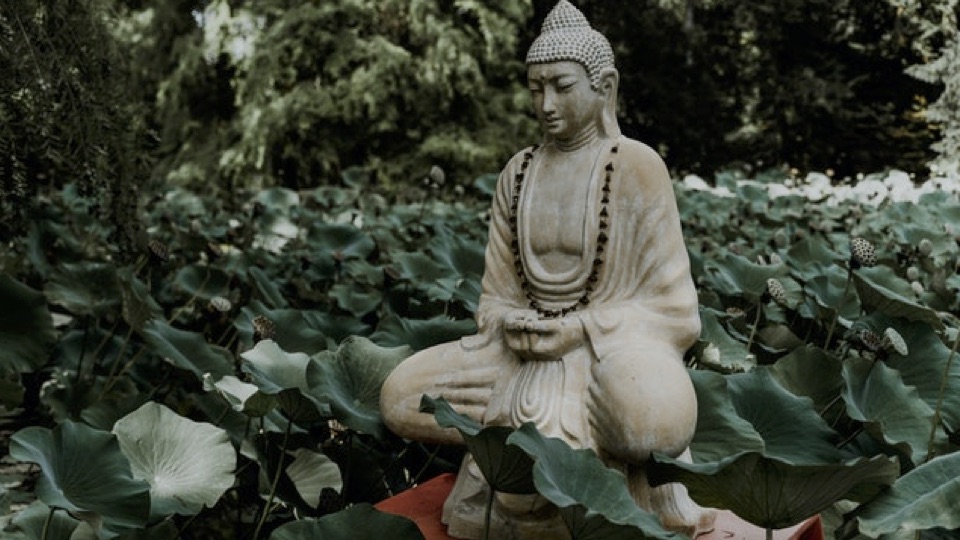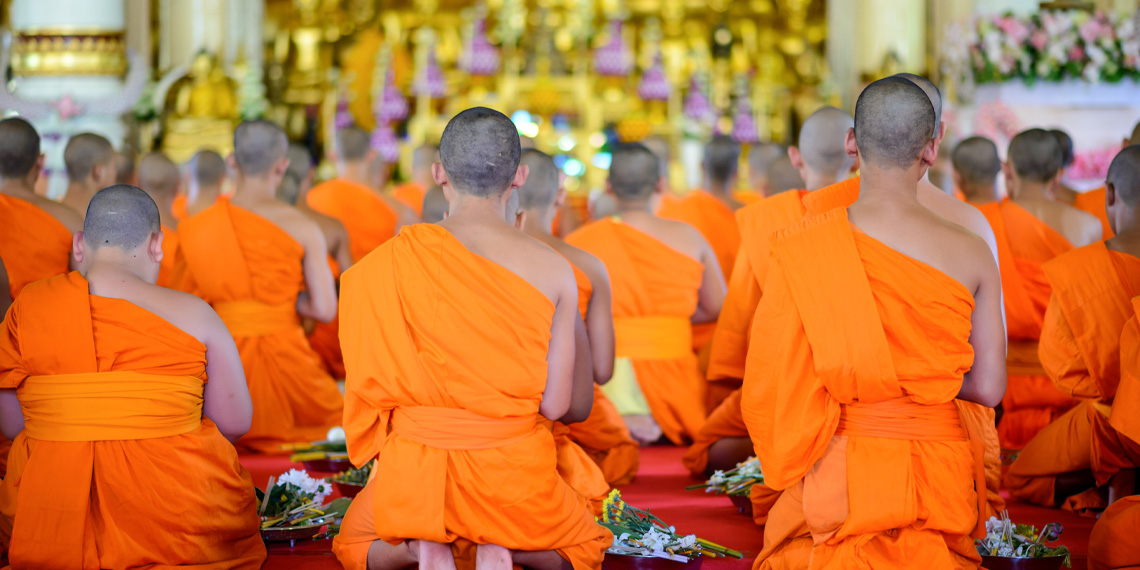Have you ever wondered if Buddhists can drink alcohol? Avoiding alcohol intake is a key component of Buddhism’s five moral precepts. How come, though?
This article explores the spiritual and ethical justifications for refraining from alcohol and how it may impact one’s mind, body, and society. Even if views among Buddhist schools and instructors vary, it’s crucial to be aware of the dangers of binge or uncontrolled drinking.
Join us as we investigate the Buddhist view on drinking and how it affects one’s spiritual development.
Table of Contents
ToggleCan Buddhists Drink Alcohol?
As a Buddhist, you must follow the five moral rules. Avoiding alcohol consumption is the fifth and final moral rule. This is one of the most important moral rules in Buddhism.
If you don’t follow it, you won’t be punished or anything, but if you drink alcohol now, it’s better to try to stop totally. People who take a lot of alcohol should work to gradually lessen their usage before giving it up altogether.
Why Are Buddhists Advised To Avoid Drinking Alcohol?
Buddhists are advised to abstain from alcohol for spiritual and moral reasons. Below are some such reasons.
- One of the main causes is that drinking alcohol violates one of the Buddhists’ five moral precepts.
- Drinking alcohol is thought to be a significant factor that leads to bad behavior and negative consequences in life.
- Alcohol consumption, according to Buddhist teachings, confuses the mind and can result in less self-awareness and increased trance.
- Drinking alcohol may also be harmful to oneself and others.
- Alcohol intake, according to Buddhists, can hinder spiritual development.
- It is thought that indulging in sensual pleasures and wants will result from engaging in worldly pleasures like drinking alcohol. Thus, the development of the detachment and tranquility required for spiritual advancement can be avoided.
Buddhists think abstaining from alcohol is a means to keep your mind clear and live a healthy life. Buddhists strive for happy living and a life that aligns with their ideals and values by abstaining from alcohol.
What Are The Buddhist Views On Intoxicants And The Fifth Precept?

According to the fifth Buddhist precept, followers must abstain from substances that can lead to lethargy.
While many agree that it helps people follow other principles, alcohol, and drug use are still prohibited in many schools and among teachers.
Being inebriated impairs mental stability and self-control, making it challenging to uphold moral standards. However, some Mahayana Buddhists think that intoxication of the mind, rather than spontaneous drinking, is what breaks the commandments.
It’s important to remember that eating foods with tiny amounts of alcohol and using drugs that contain alcohol are often not viewed as offenses.
While some Mahayana Buddhists consider hallucinogens spiritual aids, orthodox Theravada Buddhists see marijuana and other hallucinogens as blatant prohibitions.
Zen Buddhists interpret the Fifth Precept as refraining from compulsive or addictive conduct that enslaves the mind, such as media intake, unwise Internet use, and excessive Buddhist practice.
Is It Okay To Buddhists Drink Wine?
Although wine is one of the intoxicants that Buddhists are restricted from consuming, there is no one right answer to the question of whether or not they should drink it. Opinions differ among various Buddhist schools and teachers.
While some contend that intoxication of the mind breaches the precepts, others claim that drinking wine yourself is prohibited.
The fifth precept is intended to support the previous precepts because retaining self-control and moral behavior while intoxicated is challenging.
While some traditional Theravada Buddhists believe that using marijuana, hallucinogens, and other recreational substances is obviously against the Fifth Precept, Mahayana Buddhists have other views.
Particularly Zen Buddhists see the Fifth Precept as avoiding any compulsive or addictive conduct that enslaves the mind, such as gambling, excessive eating, and pornography.
In any case, excessive wine intake is typically discouraged, while moderation and attention to consumption are recommended.
Is Drinking Dangerous For People?

Drinking alcohol is considered harmful to one’s well-being and could result in more sins in Buddhist teaching. Additionally, drinking alcohol has adverse effects on people’s bodies, thoughts, and society, and it is an essential variable in the growth of an extensive range of disorders.
Chronic alcohol abuse is linked to various illnesses, like cancer, liver damage, and problems with psychological wellness, like anxiety and depression, to name just a few of the possible effects.
Drinking and driving are linked to various damaging social effects, like unsafe driving, domestic abuse, and troubled relationships. In Buddhist cultures, the use of alcohol is sometimes disapproved of, if not openly banned. This is because Buddhist societies emphasized civility and decency.
There are punishments for drinking carelessly or too much, but it is entirely up to the individual to pick whether or not they will use alcohol and how much they will drink.
Conclusion
The final thing to note is that Buddhists are not obliged to refrain from drinking alcohol. But it has been proved without a reasonable doubt that engaging in the habit of drinking alcohol breaks one of the five moral precepts and can have adverse impacts on a person’s life.
In line with Buddhist teaching, drinking alcohol blocks the advancement of fundamental separation and spiritual growth since it has adverse effects on the body, mental health, and society.
Before deciding how much alcohol to drink, people should adopt restraint while giving this issue much thought. They have to take note of possible dangers and impacts for themselves and others.
It is advised that alcoholics cut back on their drinking of alcohol gradually. Buddhists place an enormous value on maintaining one’s morality, preserving mental and physical clarity while taking good care of one’s body. You can work toward reaching such goals by bringing an end to your drinking.

I am a passionate beer connoisseur with a deep appreciation for the art and science of brewing. With years of experience tasting and evaluating various beers, I love to share my opinions and insights with others and I am always eager to engage in lively discussions about my favorite beverage.
















